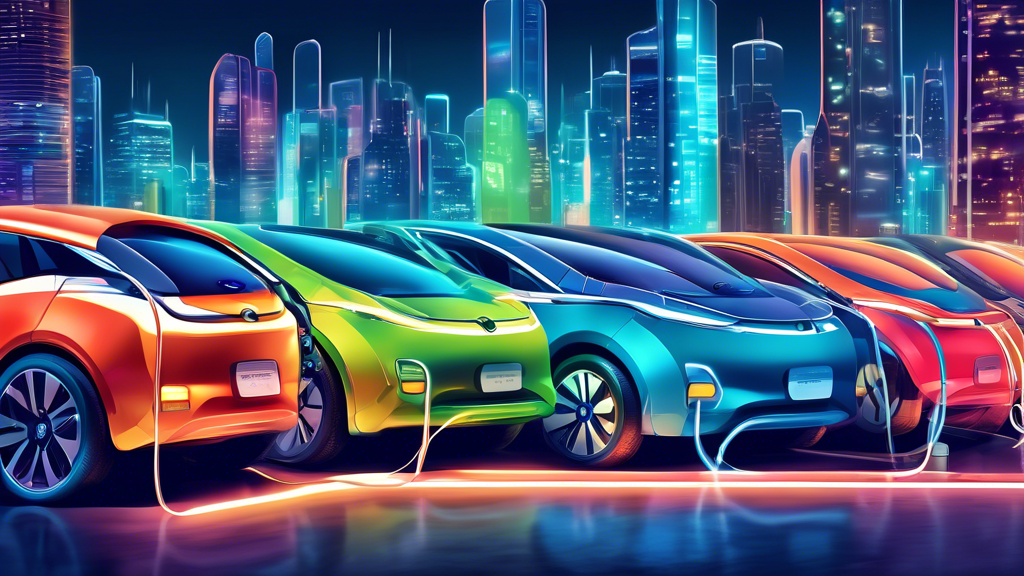
Powering Up: Navigating the Maze of Electric Car Charging Connectors
Ever felt confused at the sight of different electric car chargers? You’re not alone. With a growing range of electric vehicles (EVs) comes a diverse array of charging connectors. Knowing which plug fits your car is like finding the right key for a lock. Let’s simplify this puzzle, shall we?
The Usual Suspects: Common Types of EV Connectors
Type 1 – Single-phase plug predominantly found in the U.S. and Asia. Want to charge your car overnight or while you sip coffee at work? This guy’s for you. It’s not about speed; it’s about steady endurance.
Type 2 – Meet the European cousin. The Type 2 connector is versatile, compatible with slow and fast charging stations. It’s like the Swiss Army knife of EV connectors, adaptable and ready for anything from a quick juice-up to an overnight refuel.
Leveling Up: Fast Charging Connectors
Need speed? Fast chargers are the superheroes of the electric car world. But remember, great power comes great responsibility (and a slightly different plug).
CHAdeMO – The odd one out with a bulky design, this Japanese marvel can be a game-changer with its rapid charging capabilities. Perfect for a quick top-up, ensuring you’re back on the road in about 30 minutes. Your road trips just got a whole lot easier!
CCS (Combined Charging System) – Think of CCS as Type 2’s big brother, equipped with two extra pins for fast charging. It’s becoming a crowd favorite in Europe and the U.S. Fast, efficient, and increasingly ubiquitous, this connector is all about minimizing downtime and maximizing road time.
Others in the Mix:
Supercharger – Exclusive to the Tesla family, these connectors are part of Tesla’s private network, offering ultra-fast charging specifically for Tesla drivers. Feeling a bit elite, are we?
GB/T – Predominantly used in China, this connector supports AC and DC charging. It’s China’s answer to keeping their EVs running efficiently and sustainably.
Connector Compatibility: What’s the Plug Deal?
So, you might wonder, Can different EVs use the same charger? The answer is hopeful sometimes. While adaptors exist, they’re not universal, and using them can sometimes feel like you’re trying to fit a square peg into a round hole. It’s always best to use the charging connector designed for your vehicle to ensure efficiency and avoid battery health issues.
Tips for EV Charging Like a Pro
1. Know Your Connector: Identifying your car’s compatible connector type is step one. Keep this info handy, like the digital version of keeping a spare tire.
2. Map Your Journey: For longer trips, plan your route by the availability of compatible charging stations. There are great apps out there that can help with this. Consider them your co-pilot in the electrifying world of EVs.
3. Home Setup: Consider installing a home charging point. It’s like having a personal gas station right in your garage. Plus, charging overnight using a Type 1 or Type 2 connector can be more cost-effective and convenient.
Final Thoughts: Charge Wisely
Adopting EVs is a fantastic stride toward sustainability, and understanding the ins and outs of EV charging connectors can smooth out your transition to electric driving. It’s about choosing the right connector, knowing where and how to recharge, and always ensuring your EV gets the right kind of energy boost. So, ready to plug in and embrace the future of driving?
